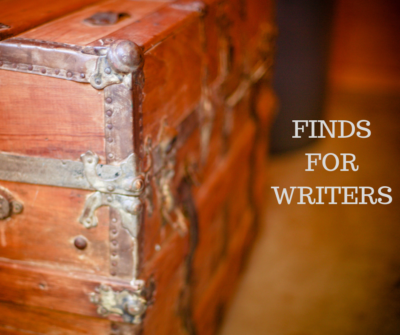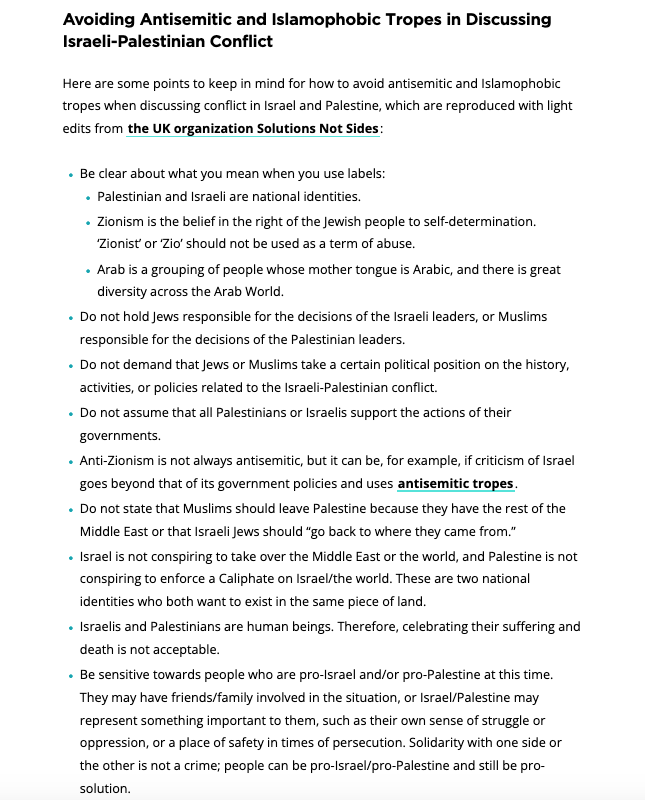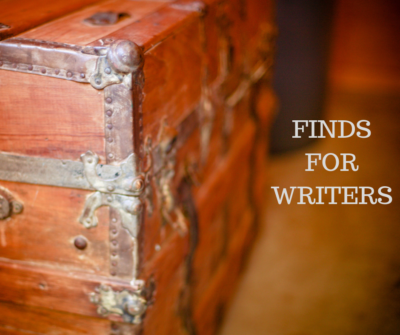Finds for Writers

Most Fridays the Practicing Writing blog shares writing and publishing resources, news, and reflections to peruse over the weekend. But it’s been an excruciating week for so many of us. And frankly, I’ve paid next-to-no attention to garden-variety news from the writing and publishing spheres.
On Wednesday, however, I received an email from Facing History and Ourselves, a Boston-based global nonprofit organization that I’ve admired for many years. The email introduced a “mini-lesson” titled “Processing Attacks in Israel and the Outbreak of War in the Region.”
The resource isn’t perfect. (What resource is?) But one of its segments impressed me as something that, though intended for educators and students, could be clarifying for writers as well, in our work and in the rest of our lives. It’s a section titled “Avoiding Antisemitic and Islamophobic Tropes in Discussing Israeli-Palestinian Conflict.”

- “As Classic Novels Get Revised for Today’s Readers, a Debate About Where to Draw the Line”: coverage from Alexandra Alter and Elizabeth A. Harris (I’ve unlocked this article from The New York Times).
- “Writing Mistakes Writers Make: Basic Character Descriptions” from Moriah Richard/Writer’s Digest.
- On the Brevity blog: a beautiful post by Joselin Linder about the writer for whom the Josie Rubio Scholarship is named (and information about how to apply for that scholarship).
- “Gracious Under Pressure: How Not To Be the Person at the Reading Everyone Dislikes”: must-read (and must-follow!) advice from Christine Sneed.
- And please don’t miss the latest Jewish-lit links over on the My Machberet blog—they’re worth your time (and I’m not saying that only because my own latest byline is included!).
Wishing everyone a wonderful weekend.

Thanks so much for reprinting the Alter and Harris NYT article. They illustrate so well how angst can lead to misdirection in the confusion of fiction with non-fiction. For example, Hanna Gomez makes an absurd comparison in justifying altering offensive language in fiction when she claims, “I think it’s a good practice, the same way you update textbooks.”
Since I’ve published both textbooks and fiction, I think I can rightly claim that the two genres are as comparable as a scientific journal is to a literary journal: not at all! Here is where pecuniary interests often trump poetic sensibilities.
Furthermore, changing a book’s title (re: Agatha Christie) in no way changes its content or meaning in the same way as removing words and descriptions.
Finally, removing blatantly racist language and removing words like “lame” and “dumb” are so incomparable that editorial motivation itself comes under question!
Thanks for sharing your thoughts.